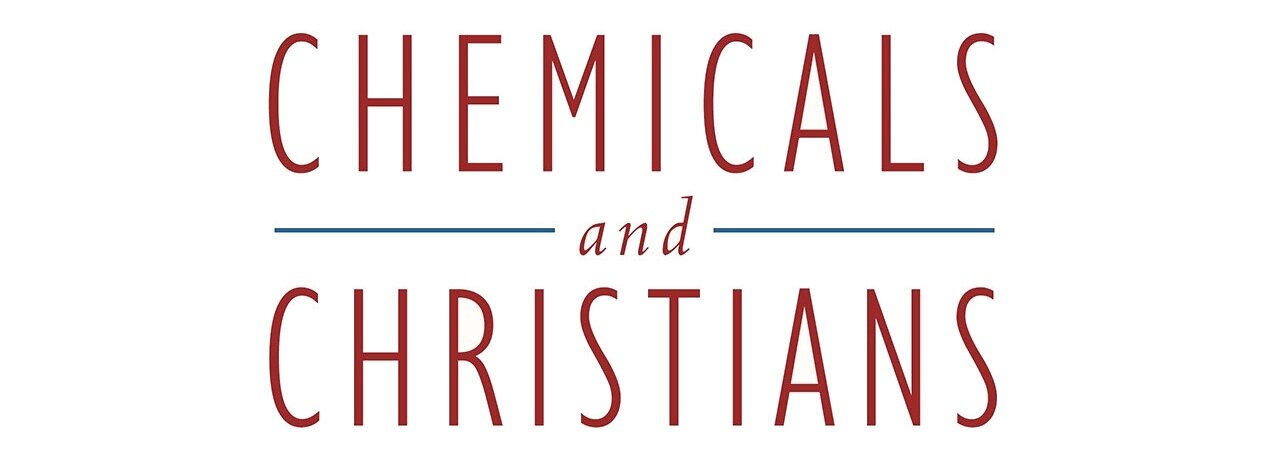Folks who’ve been reading this blog for a while know that I love the Biblical book of Job and I return to it on a regular basis. Here are a couple of new musings.
I’ve been studying the book with a group, and last week we looked at what’s probably its best known verse, Job 19:25. That’s the spot where Job, in the middle of striving with his friends who just keep insisting he must have brought his sufferings on himself, seems to change the subject and suddenly declares “I know that my Redeemer lives, and he will stand upon the earth at last.” (NLT)
I learned a couple of interesting things about this declaration. The first is that the word often translated “earth” can also be translated “dust.” Other translations of the term include ashes, debris, rubbish, or rubble.
This brings new images to mind, doesn’t it? Maybe the idea is that when everything that once seemed solid deteriorates, collapses, or crumbles to the ground, what we can count on to still be standing is our loving, rescuing God. Author Terry Betts explains that the verse literally says that our redeemer will “stand against the dust.” He’s the counterpoint. He’s the one who says “The dust is not the end. I can use it to create new life.” The Literal Standard Version says “He raises the dust.”
The second thing I had never really noticed about this verse is what comes immediately before it. In verses 23 and 24 Job says, “Oh, that my words could be recorded. Oh, that they could be inscribed on a monument, carved with an iron chisel and filled with lead, engraved forever in the rock.”
What words did he want engraved? The ones he used to maintain his innocence. He was undoubtedly worn out by the unending conversations with his friends and of the constant need to defend himself and his integrity. Betts says “He feared he would die before he was vindicated and cleared of all the false accusations his friends had cast at him. He wanted a permanent statement that would put the record straight.”
It’s in this setting that Job talks about his redeemer, a term which carries the idea of being freed from bondage or oppression by enemies. Job undoubtedly felt oppressed by his enemy-friends. He wanted to be rescued from their false narrative and he believed that God would do it.
Here are a couple of translations of the verse that get at that idea:
“I know that my defender lives.” (GW)
“I know there is someone in heaven who will come at last to my defense.” (GNT)
“I know that my Vindicator is alive.” (ISV)
Yes, our Vindicator is alive and he graciously responded to Job’s desire for a permanent record of his innocence. We have it in the book that bears Job’s name. It’s his vindication, and to a degree it’s vindication for all of us who need it, including those who suffer from poorly understood illnesses that get blamed on sin, lack of faith, negative thinking, hypochondria, selfishness, a desire for attention, or a million other things. I’m so grateful that God recorded Job’s story.
**
The second brief musing is simply a parallel I noticed recently between a passage in C. S. Lewis’s brilliant book “A Grief Observed” and what happens at the end of the book of Job.
At the end of Job, there’s restoration, but God doesn’t directly respond to Job’s statements or questions about his suffering. In fact, Job says to God in 42:3 “You asked, ‘Who is this that questions my wisdom with such ignorance?’ It is I—and I was talking about things I knew nothing about, things far too wonderful for me.”
The restoration came from relationship and not from a totality of answered questions. In 42:5 Job explains, “I had only heard about you before, but now I have seen you with my own eyes.”
“A Grief Observed” is the journal that Lewis wrote after his wife died. He asks many of the questions Job did. God feels distant to him. Then, at one point, there’s this:
“When I lay these questions before God I get no answer. But a rather special sort of ‘No answer.’ It is not the locked door. It is more like a silent, certainly not uncompassionate, gaze. As though He shook His head not in refusal but waiving the question. Like, ‘Peace, child; you don’t understand.’
Can a mortal ask questions which God finds unanswerable? Quite easily, I should think. All nonsense questions are unanswerable. How many hours are there in a mile? Is yellow square or round? Probably half the questions we ask – half our great theological and metaphysical problems – are like that.”
If you’re struggling today, I know you want answers, and I hope you get them. You may want vindication, and if so, I hope you get that, too. Mostly, though, I hope you can find peace: the peace of knowing that our redeemer lives and can stand against and transform the dust.







